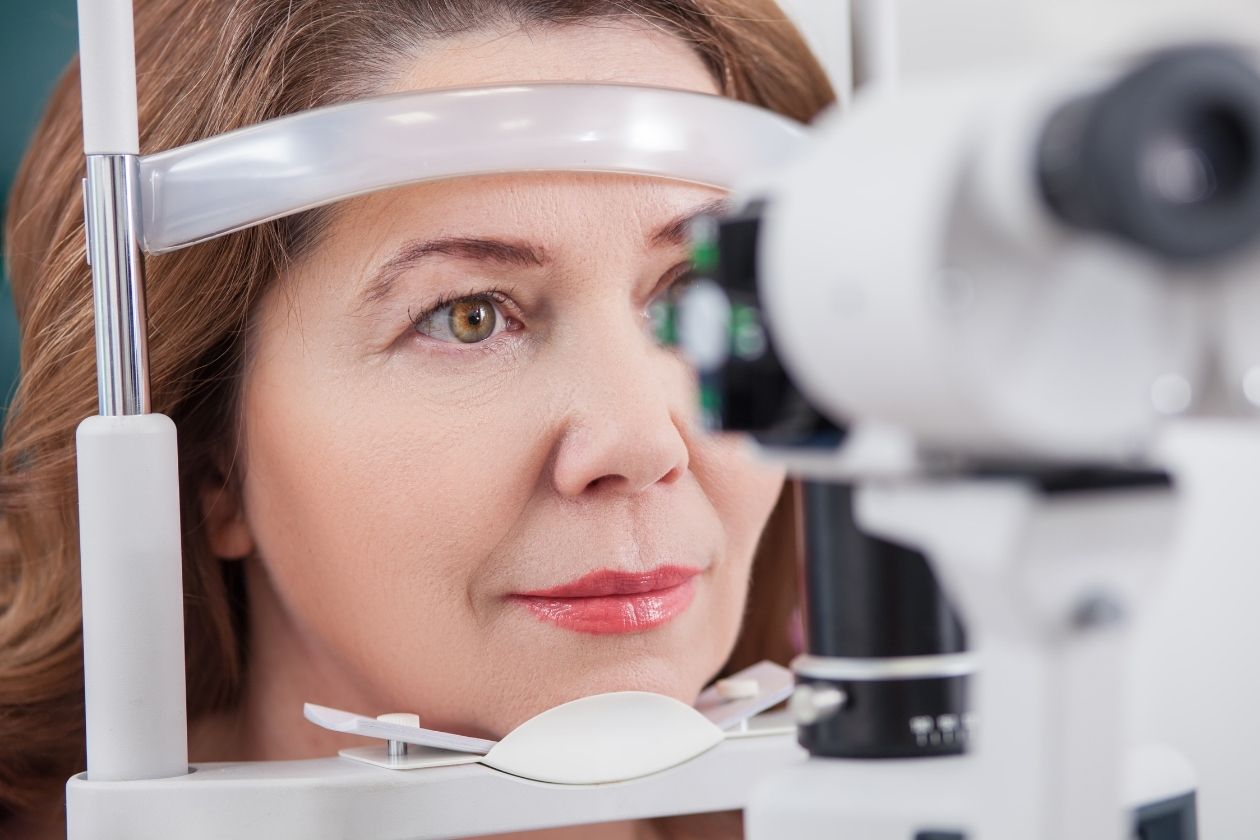When seeing a doctor—particularly a specialist—it’s natural for patients to feel intimidated by their doctor’s authority and expertise. Patients don’t often feel confident enough to request clarification, bring up questions, or advocate for themselves. Because years go by between visits, you should come ready with questions to ask your eye doctor. Address your concerns during your appointment, and make each appointment count.
Table of Contents
“Is LASIK Surgery Right for Me?”
Refractive eye surgery, better known as LASIK surgery, has never been more accessible or affordable than it is today. The allure of dispensing with prescription eyeglasses and contact lenses is very attractive to many nearsighted patients. While clinics hope that the prolific and aggressive advertising for the benefits of LASIK will be enough to get patients in the door, you should be sure to consult with your own eye doctor and general practitioner before committing to surgery. Conditions such as autoimmune diseases or diabetes could make the road to recovery a bumpy one and present further complications down the line.
“What Can I Do To Protect Against Eye Disease?”
For reasons scientists haven’t been able to confirm just yet, women do seem to be at a higher risk of developing glaucoma than men. It may have to do with differences in life expectancy—since women live longer than men, they live long enough for their eyes to deteriorate more. Angle-closure glaucoma, in particular, affects aging women more than aging men. Discuss prevention strategies that will keep intraocular pressure from damaging your optic nerve.
“How Accurate Are My IOP Readings?”
If you’re particularly concerned with the onset of glaucoma, you should have a keen interest in IOP. Intraocular pressure is the measure by which ophthalmologists identify the risk of glaucoma. Due to several confounding factors, IOP readings may not be quite as exact as doctors and patients would prefer. Such factors include tight clothing around the neck, stress levels, and corneal thickness. A pachymeter can analyze your corneas’ thickness, something that has no effect on your normal eyesight, and wearing comfortable clothing while staying calm will help you avoid drawing false positives for high pressure—a test result that would not have you feeling calm at all.
“What Can I Do Before My Next Visit?”
Owing to the two to five years that often elapse between visits, this is arguably the most important question to ask your eye doctor. Inquire as to what you can do in your everyday life to encourage good optical health. By taking note of your doctor’s advice, you’ll have the best chance of preserving your vision for years to come against encroaching age and lifestyle factors.




